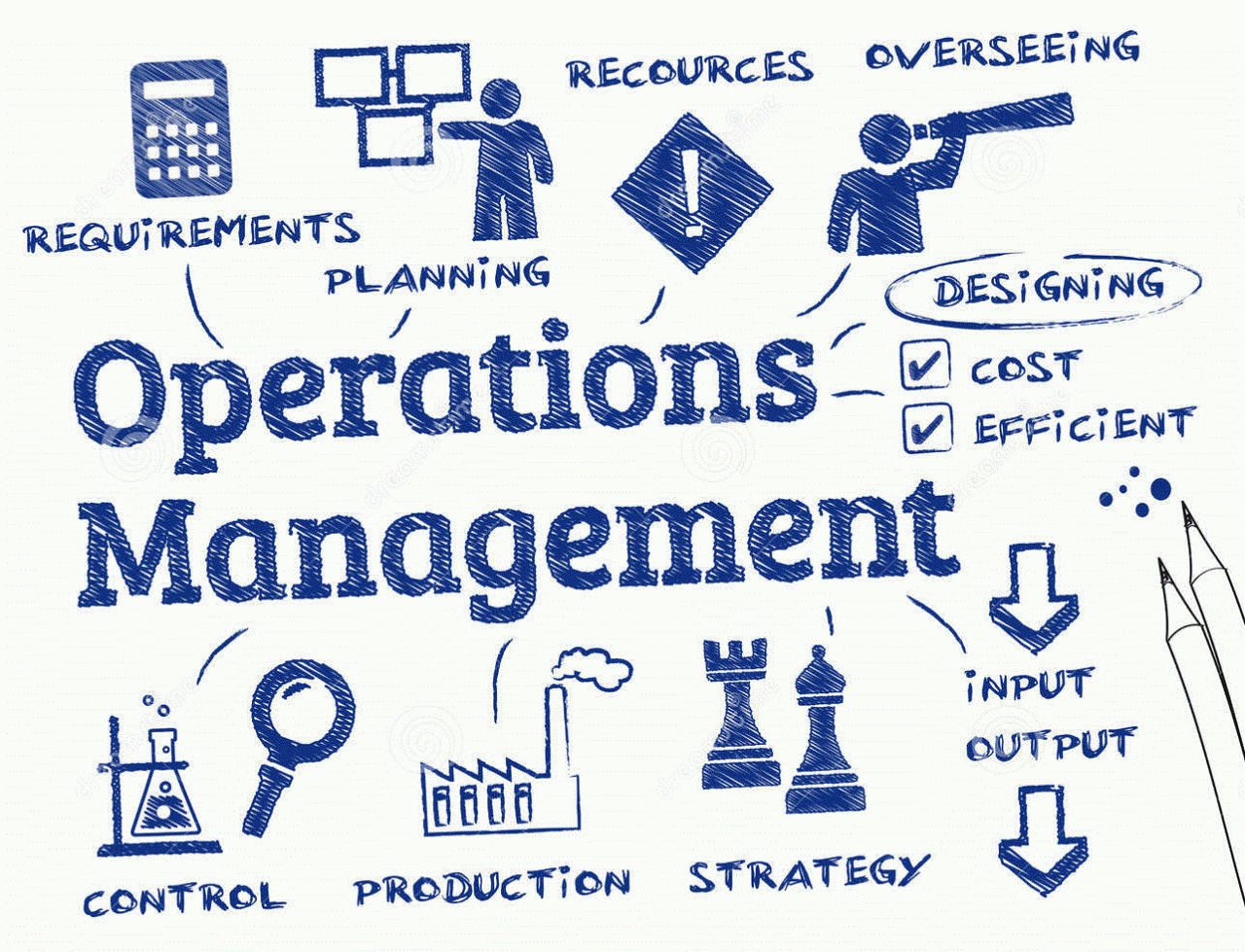Functions and Responsibilities of an Operations Manager: Functions Of An Operations Manager
Functions of an operations manager – Operations managers are responsible for overseeing the day-to-day operations of an organization. They ensure that the organization’s resources are used efficiently and effectively to achieve its goals. Key responsibilities of operations managers include:
- Developing and implementing operational plans and strategies
- Optimizing processes and improving efficiency
- Allocating and managing resources
- Measuring and evaluating operational performance
- Ensuring product or service quality
- Managing customer relationships
- Identifying and mitigating risks
- Motivating and inspiring teams
Planning and Strategy
Operations managers play a vital role in developing and implementing operational plans and strategies. They work with senior management to understand the organization’s overall goals and objectives, and then develop plans to achieve them. Operations managers also ensure that operational plans are aligned with the organization’s strategic direction.
Operations managers play a critical role in overseeing the day-to-day operations of an organization, ensuring efficient and effective execution of tasks. To enhance their capabilities, operations managers can benefit from developing an IT project management methodology , which provides a structured approach to planning, executing, and controlling IT projects.
By integrating project management best practices into their operations, managers can improve project outcomes, reduce risks, and align IT initiatives with overall business objectives.
Process Management, Functions of an operations manager
Operations managers are responsible for optimizing processes and improving efficiency. They use a variety of techniques and methods to identify and eliminate bottlenecks, reduce waste, and improve productivity. Common process improvement initiatives include:
- Lean manufacturing
- Six Sigma
- Kaizen
- Value stream mapping
Resource Management
Operations managers are responsible for allocating and managing resources, including personnel, equipment, and materials. They must ensure that resources are used efficiently and effectively to achieve the organization’s goals. Resource optimization and cost control are critical aspects of operations management.
Operations managers like Frank Pianki oversee the day-to-day operations of an organization. They are responsible for ensuring that the organization’s products or services are produced and delivered efficiently and effectively. Operations managers must be able to plan, organize, and control the resources of the organization to achieve its goals.
Performance Measurement and Evaluation
Operations managers use key performance indicators (KPIs) to measure and evaluate operational performance. KPIs are specific, measurable, achievable, relevant, and time-bound. They help operations managers track progress and identify areas for improvement. Common KPIs include:
- Productivity
- Quality
- Cost
- Delivery time
- Customer satisfaction
Closure

In conclusion, the functions of an operations manager extend far beyond the daily grind. They are the architects of operational excellence, driving innovation, ensuring customer satisfaction, and mitigating risks to propel organizations towards sustained growth and profitability.
Functions of an operations manager encompass a wide range of responsibilities, including overseeing operations to ensure efficiency and productivity. A comprehensive understanding of evaluation and management of hip pain, as outlined in evaluation and management of hip pain an algorithmic approach , can help operations managers optimize healthcare operations and improve patient outcomes.
By leveraging this knowledge, they can develop and implement strategies to streamline processes, reduce costs, and enhance the overall quality of healthcare delivery.
FAQ Overview
What are the core functions of an operations manager?
Operations managers oversee planning and strategy, process management, resource management, performance measurement, quality control, customer service, technology integration, risk management, and leadership.
How do operations managers contribute to organizational success?
By optimizing processes, ensuring resource efficiency, maintaining quality standards, and fostering customer satisfaction, operations managers directly impact productivity, profitability, and reputation.
Operations managers oversee the day-to-day operations of a business, ensuring that products and services are produced efficiently and effectively. They also play a role in strategic planning, conducting external strategic-management audits to identify opportunities and threats in the business environment.
Explain how to conduct an external strategic-management audit by gathering data on the market, competitors, and other external factors that could impact the business. This information can then be used to develop strategies to address these opportunities and threats, ensuring the long-term success of the business.
Operations managers are responsible for planning, organizing, and controlling the day-to-day operations of an organization. They work closely with other managers, such as different roles of manager in an organization , to ensure that the organization’s goals are met. Operations managers also play a key role in developing and implementing policies and procedures that improve the efficiency and effectiveness of the organization.
Operations managers play a crucial role in optimizing business operations, including creating an asset management plan to track and manage physical and financial assets. This plan ensures that assets are utilized effectively, maintained appropriately, and replaced or disposed of at the optimal time.
By overseeing asset management, operations managers contribute to maximizing asset value, minimizing downtime, and ensuring compliance with regulatory requirements.
Operations managers are responsible for ensuring the smooth functioning of an organization’s operations. They develop and implement plans to improve efficiency, reduce costs, and increase productivity. In the event of a crisis, operations managers must be able to quickly and effectively respond to minimize the impact on the organization.
For this, describing the elements of an effective crisis management plan is essential, which includes identifying potential risks, developing response procedures, and establishing communication channels. By following these steps, operations managers can help their organizations to weather any storm.
Operations managers are responsible for overseeing the day-to-day activities of a business, ensuring that operations run smoothly and efficiently. They plan, organize, and direct the production of goods or services, and manage the resources needed to do so. Operations managers also monitor the performance of their operations and make adjustments as needed to improve efficiency and productivity.
Entrepreneurs , who are often driven by a vision or idea, may also take on management responsibilities within their organizations, overseeing the operations of their businesses and ensuring that they run smoothly and efficiently.